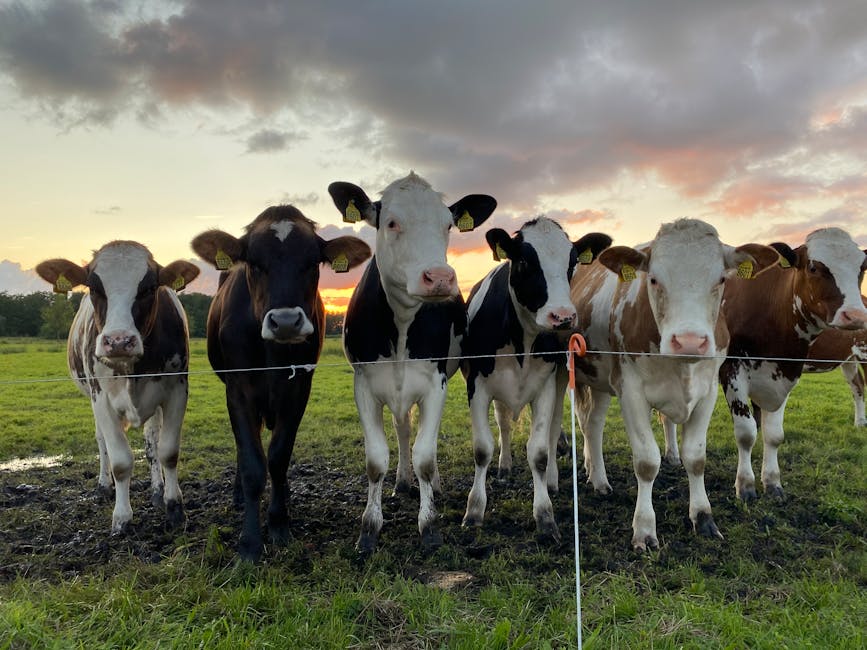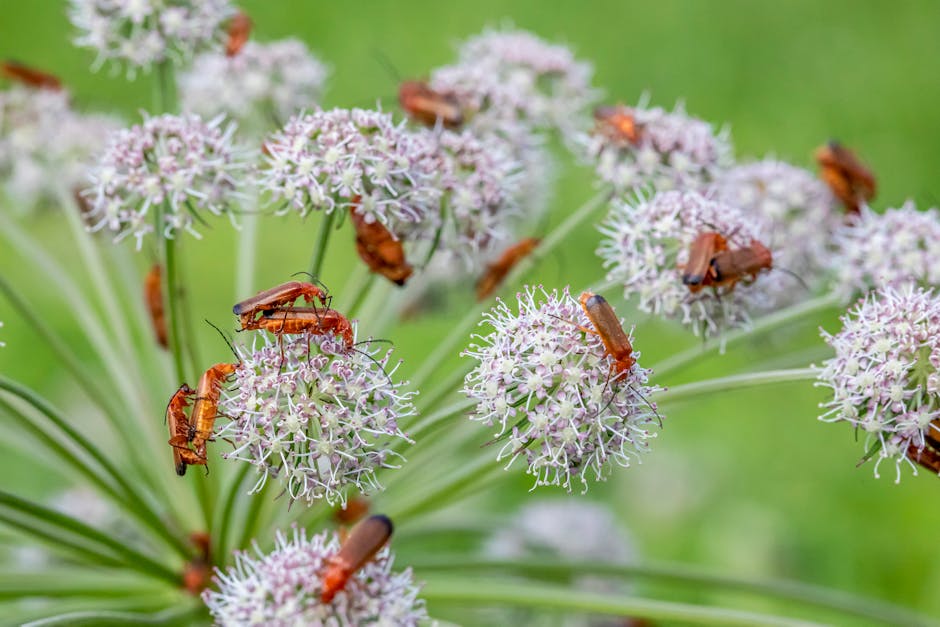On a sunny morning, 55-year-old Aunt Wang walked into the clinic with a worried look on her face. She had been feeling increasingly fatigued lately, with her energy no longer robust and the occasional minor aches and pains troubling her. The doctor listened to Aunt Wang’s description of her health condition, and then explained softly:
“Aunt Wang, diet has a significant impact on health for people in your age group. The slowdown of metabolism means we should pay more attention to the quality and balance of our diet.”
To this, Aunt Wang was quite surprised, as she had thought that as long as her diet was varied, her health would be fine. However, the doctor’s further examination and explanation made her realize that the problem might be lurking in her daily diet.
After a detailed examination, the doctor informed Aunt Wang that there were no major problems with her body, but she needed to adjust her eating habits:
“As we age, our digestive and absorptive functions decline. Rich fats and high-energy foods, such as pork, though delicious, should not be consumed in excess. Overconsumption will increase the body’s burden, easily leading to obesity, hyperlipidemia, and other diseases.”
The doctor’s advice was that an elderly diet should be light and balanced, rich in protein and vitamins, and suggested reducing greasy and heavily flavored foods, especially those with high fat content like pork. He recommended Aunt Wang include these three types of food in her diet:
- Deep-sea fish: contains rich unsaturated fatty acids, beneficial for the heart and blood vessels, easy to digest;
- Leafy green vegetables: such as spinach and mustard greens, rich in essential vitamins and minerals, help enhance immunity and prevent constipation;
- Legumes and soy products: high in protein, rich in phytoestrogens, which help balance endocrine and slow the aging process.
The doctor emphasized that long-term poor eating habits, especially excessive consumption of high-fat foods like pork, can lead to chronic diseases, affecting the quality of life. Obesity can also increase joint pressure, potentially causing joint diseases that are especially difficult for the elderly to cope with.
Aunt Wang seriously heeded the doctor’s advice, reflected on her own dietary habits, and decided to make changes. The doctor also suggested that aside from diet adjustment, increasing moderate exercise such as walking and tai chi, and maintaining good sleep and rest habits to ensure adequate sleep.
Several months later, Aunt Wang’s condition had significantly improved, and the rosy complexion reappeared on her face. She reported to the doctor that since changing her dietary habits, her physical condition had greatly improved, she had lost weight, and her discomfort had decreased.
Aunt Wang’s story reminds us: Healthy eating habits are the key to maintaining good health. Especially for people over fifty, it is even more important to pay attention to food choices and combinations. Let us start now to care for our dietary health! The body is the capital of revolution, and healthy eating habits are the best investment for this capital.
No matter at what age we are, we should cherish and take care of our bodies. Building a healthy lifestyle with a balanced diet, appropriate exercise, and good sleep habits is a way for each of us to be responsible to ourselves and our families. Remember: every effort made today is for a better self tomorrow!







